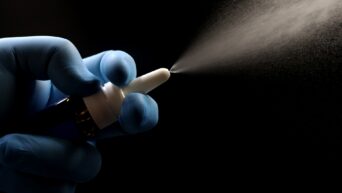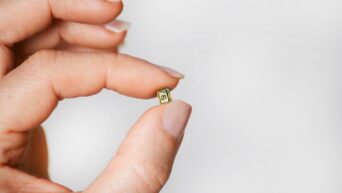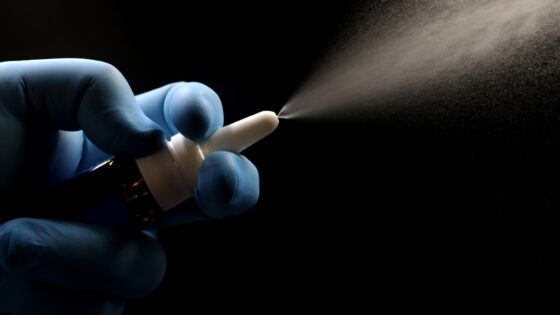
Credit: Unsplash
These bacteria take a bite out of carbon and leave presents behind.
Humanity has long held symbiotic relationships with all kinds of bacteria. Heck, your gut is full of friendly bacteria that keep you healthy. For the most part, though, our relationship with bacteria has mostly been related to food and biological processes. As it turns out, bacteria could offer another potentially vital service to us: cleaning our air.
A team of researchers from Northwestern University and LanzaTech have developed an optimized strain of bacteria that not only consume harmful waste carbon dioxide in the air but then process that carbon into helpful and valuable chemicals like acetone and isopropanol. This process requires no fossils fuels at all, making it 100% carbon-negative. If it were to be widely adopted around the world, it could cut global greenhouse gas emissions by a whopping 160%.
“The accelerating climate crisis, combined with rapid population growth, pose some of the most urgent challenges to humankind, all linked to the unabated release and accumulation of CO2 across the entire biosphere,” said Northwestern’s Michael Jewett, co-senior author of the study. “By harnessing our capacity to partner with biology to make what is needed, where and when it is needed, on a sustainable and renewable basis, we can begin to take advantage of the available CO2 to transform the bioeconomy.”
“This discovery is a major step forward in avoiding a climate catastrophe,” said Jennifer Holmgren, LanzaTech CEO. “Today, most of our commodity chemicals are derived exclusively from new fossil resources such as oil, natural gas or coal. Acetone and IPA are two examples with a combined global market of $10 billion. The acetone and IPA pathways developed will accelerate the development of other new products by closing the carbon cycle for their use in multiple industries.”
































